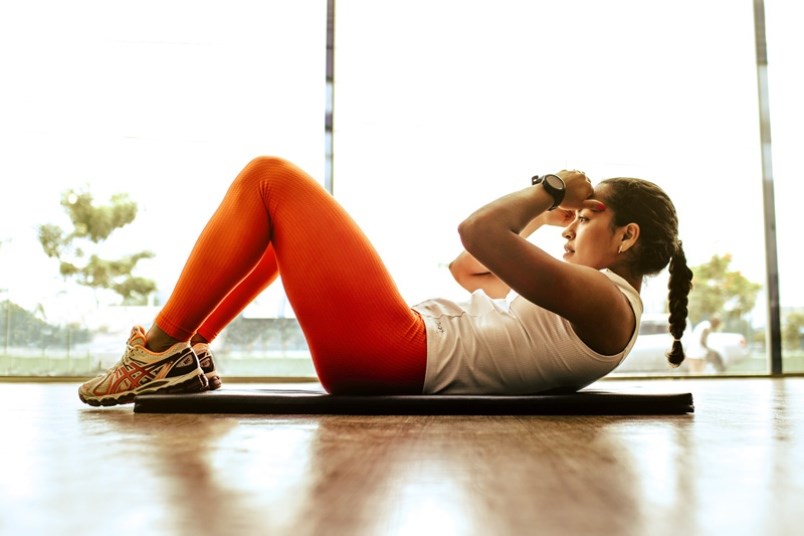The coronavirus (COVID-19) pandemic changed many things, including how people exercise. A recent study has found those changes may have made Vancouver one of the most sustainable cities in the world in terms of exercise practices.
Carried out by the sports equipment company Reebok, the study reveals the most environmentally friendly cities to exercise in by analyzing their residents’ access to walking, running, or biking path options and eco-friendly gym equipment.
In the ranking, Tokyo claimed first place as the most eco-friendly city to work out in. This is because the city boasts one of the lowest crime rates of cities included in the study and has over 1,500 running routes. Sydney was the runner-up claiming second place, with one of the highest number of sunlight hours along with 1,833 running routes and 323 hiking trails.
However, Vancouver placed fifth with more running routes than the top two combined at a whopping 5,842. Areas that lowered Vancouver’s ranking are its pollution index, the number of times Vancouverites searched for eco-friendly exercises online, and its percentage of bike usage (7 per cent).
The study found that biking, running, and walking are just some of the activities people have incorporated into their daily routine. The study also posits many are likely to continue on with their new routines pointing to another study by Women’s Health UK suggesting 72 per cent of gym-goers will not return after the pandemic.
“Many gyms have a range of electrically powered equipment, high-wattage lighting and air-conditioning, and some are now open 24/7,” says Dr. Folusha Oluwajana an exercise expert Reebok spoke to for the study. “Eco-friendly workouts are free and can often be done close to home, as well as providing the physical and mental health benefits of getting outside, exposure to fresh air and vitamin D in the spring and summer.”
Abigail Ireland, a performance strategist also included in the study, spoke to how people can be more environmentally conscious when working out.
“We often feel the urge to invest in the latest gadgets and equipment to stay motivated and stimulated to work out. Bringing it back to basics, we only really need our bodies,” Ireland said.
When considering eco-friendly workout options, Ireland suggested an outdoor jog, or even trying out the Swedish approach of ‘plogging’ where you can combine jogging with picking up litter on your route.
When looking at the emission totals from manufacturing gym workout equipment, Rebook’s study found that making your own dumbbells ranked as the best equipment for the environment. Producing just 0.4 kilograms of carbon emissions per unit and using Polyethylene as the main material make DIY dumbbells a great choice when using eco-friendly equipment.
Popular items such as exercise yoga balls and yoga mats fall in second and third place in the study. Made from PVC, these items produce just 0.6 kg and 0.7 kg of carbon emissions respectively.
Ireland also mentions calisthenic workouts are a great way to develop strength, agility, stamina and all-round fitness while creating no carbon footprint.
“When investing in equipment, opt for long-lasting fundamentals like dumbbells, kettlebells, barbells and resistance bands that offer you a huge variety of workout options without requiring electricity,” Ireland said.



